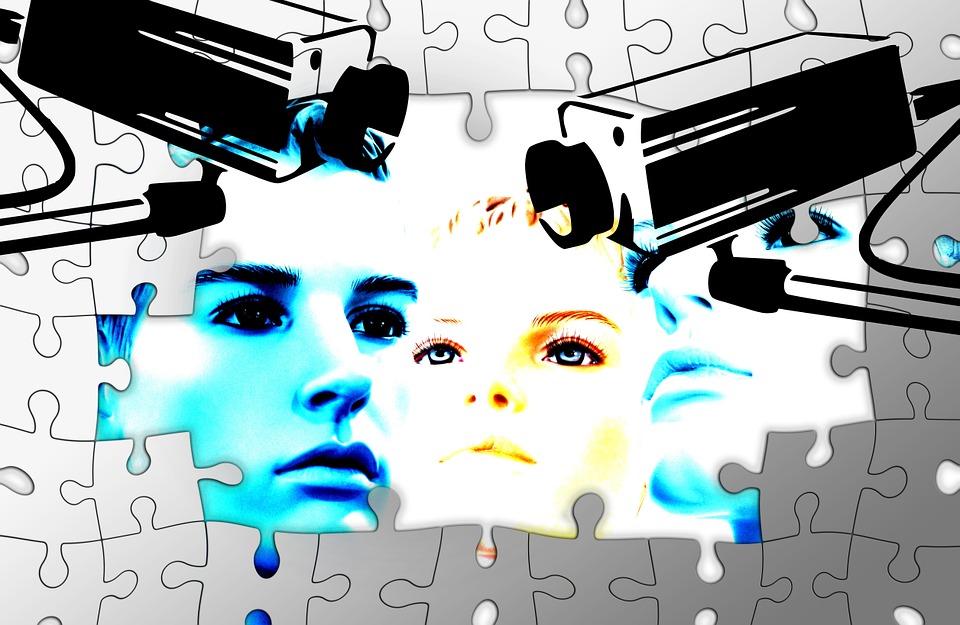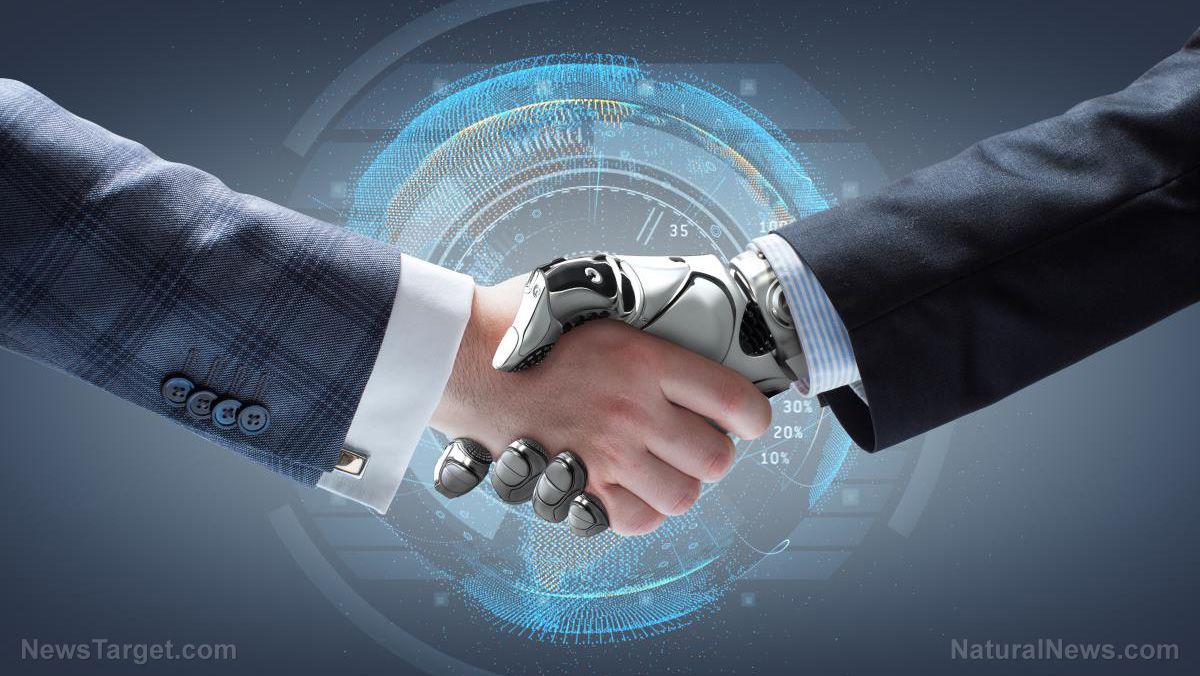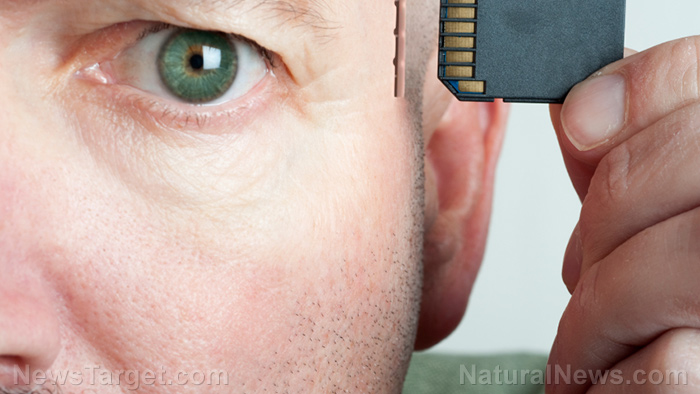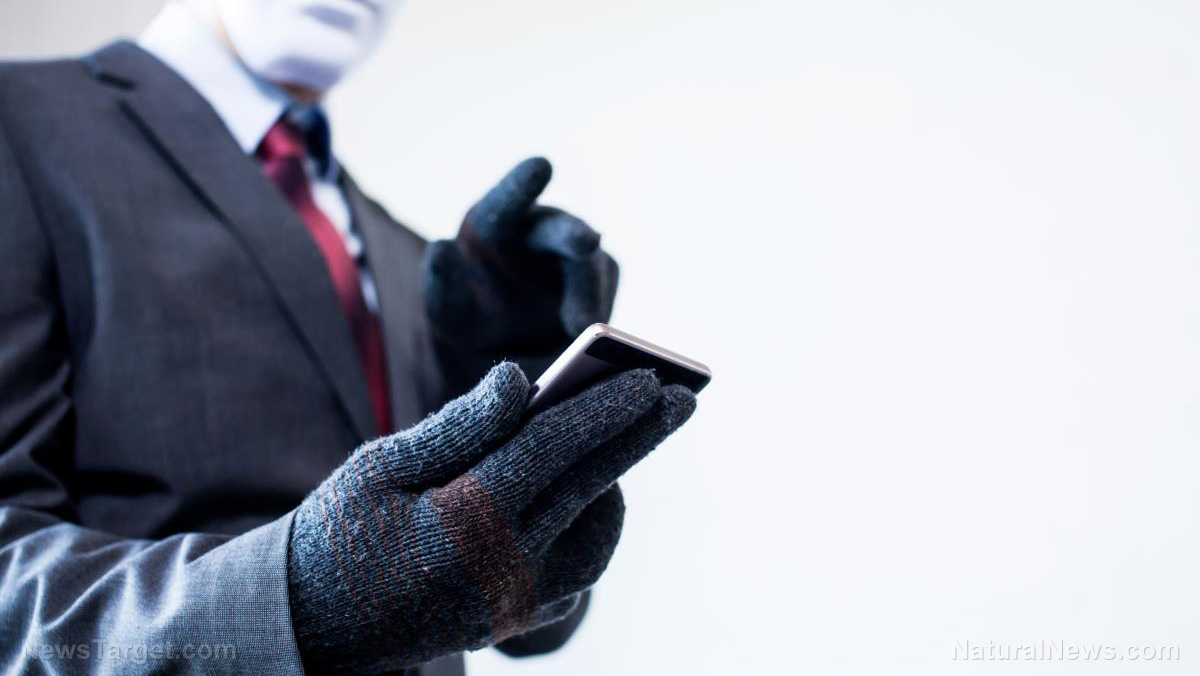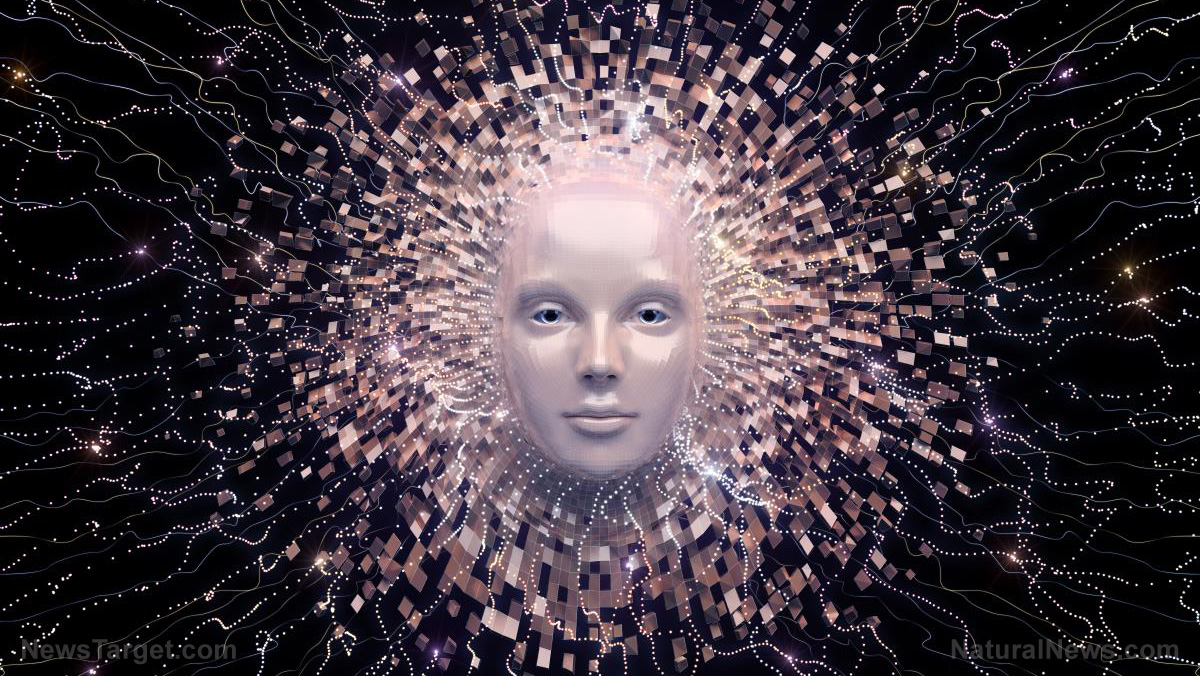JPMorgan Chase wants consumers to pay for goods and services with face scans rather than cash and cards
03/30/2023 / By Ethan Huff
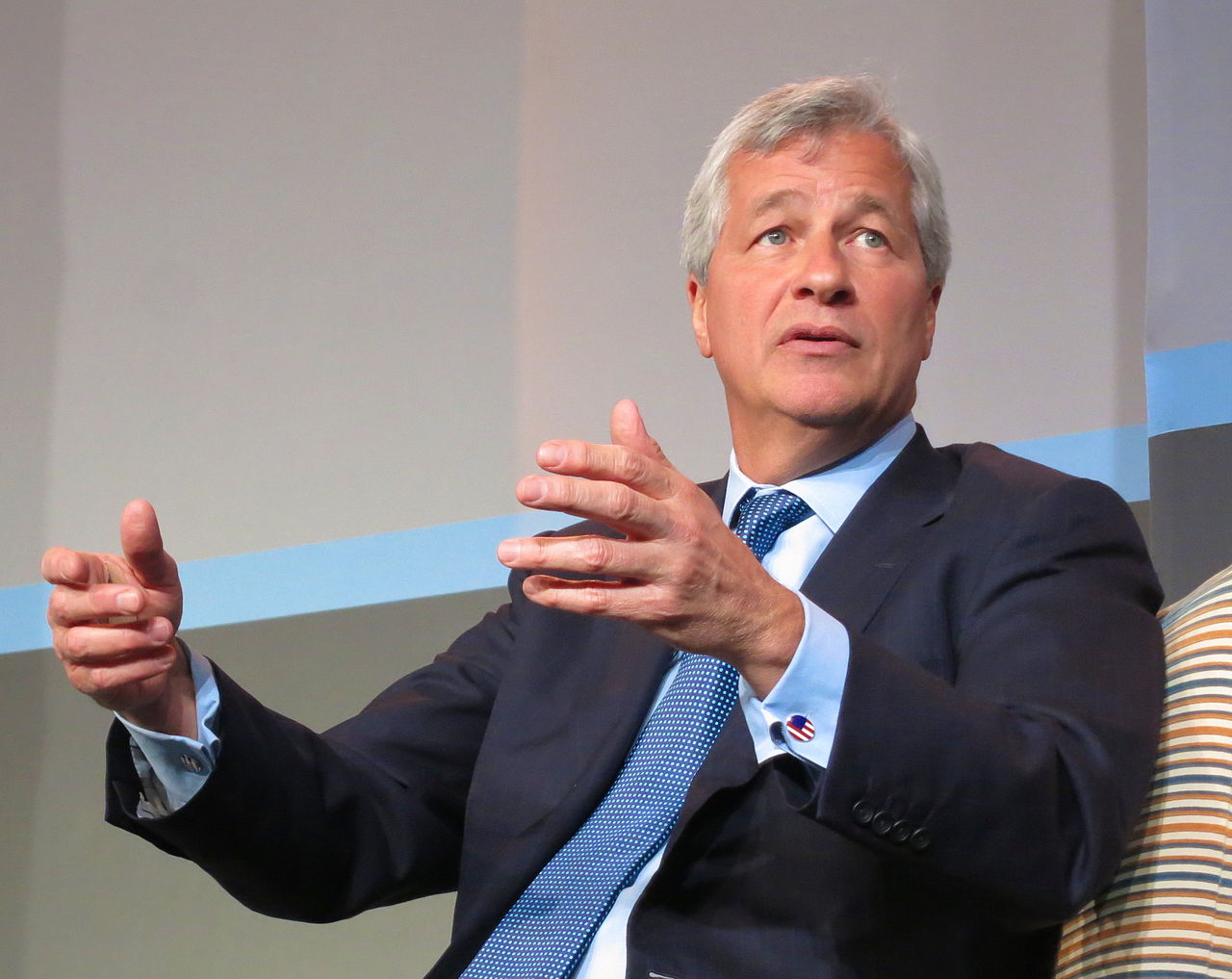
One of the first big banks to embrace the notion of a cashless society, JPMorgan Chase is piloting a new payment technology that allows customers to buy and sell with just their palm or face – no cards or cash necessary.
Following the lead of communist China, which already has such technology in place, JPMorgan hopes to usher in a “new wave of biometric payments” that do away with the traditional exchange of money or credit. One’s body parts would serve as the medium of exchange, reports indicate.
Many large corporations have begun flirting with the concept, which eliminates the potential for fraud – unless someone were to steal your hands or head and get them surgically attached to their own body, of course.
Using biometric technology to authenticate a person’s identity is growing in popularity as the world shifts into a new cashless age. It has not fully arrived in complete form, but we are witnessing the makings of it as entities like JPMorgan push to normalize and commercialize a biometrics-based money system.
“The rise of biometric technology, which uses unique body measurements to authenticate a person’s identity, is being pushed by corporations to make this the default payment method across the world,” reported Reclaim the Net, warning about the negative privacy implications of the technology.
“The new payment process works by enrolling a customer’s palm or face through an in-store process. At checkout, the customer scans their face or palm to complete the transaction.”
(Related: Remember when JPMorgan CEO Jamie Dimon refused to pay his company’s unvaccinated workers during the Wuhan coronavirus [Covid-19] “pandemic?”)
JPMorgan is more closely aligned with communist China than with free America
Over the past several years, communist China has become a global leader in the implementation of biometric recognition payment technology. Millions of Chinese people must now buy and sell using their body parts rather than cash, and JPMorgan wants to see the same paradigm take hold here in the United States as well.
According to Jean-Marc Thienpont, head of omnichannel solutions for JPMorgan’s payments business, “the evolution of consumer technology has created new expectations for shoppers.”
“Merchants need to be ready to adapt to these new expectations,” he said, revealing that JPMorgan’s pilot program may include an upcoming Formula 1 race in Miami, as well as some brick-and-mortar stores.
Ramon Peneda, chief information officer for the Formula 1 Crypto.com Miami Grand Prix, added that “being able to roll out this new biometrics-based payments scheme would enhance the race-day experience for our guests, as they will enjoy a new, faster checkout process.”
The goal is to align the U.S. with communist China, which is spending billions on not just biometric payment systems but also artificial intelligence (AI), big data, and various spying and surveillance technologies.
“The government’s push for a cashless society has further spurred the adoption of digital payment methods, making facial recognition payments a natural progression in the society China is attempting to create,” Reclaim the Net explains.
“Two of China’s tech giants, Alibaba and Tencent, pioneered the facial recognition payment revolution with their respective platforms, Alipay and WeChat Pay.”
None of this would have been possible were it not for the help and support of the Chinese Communist Party (CCP), which seems to have its tentacles in the Biden regime and its similar agenda for Americans.
“By promoting digital payment methods and providing regulatory support, the government has encouraged the growth of this technology in developing a nationwide facial recognition database,” reports reveal.
More related news about the forced transition from cash to biometrics as a means of buying and selling can be found at CurrencyReset.news.
Sources for this article include:
Submit a correction >>
Tagged Under:
bubble, computing, conspiracy, currency reset, cyber war, Dangerous, deception, face scans, Facial recognition, fiat, finance, future tech, Glitch, information technology, insanity, inventions, Jamie Dimon, JPMorgan, money supply, payment, privacy watch, risk
This article may contain statements that reflect the opinion of the author
RECENT NEWS & ARTICLES
COPYRIGHT © 2017 INVENTIONS NEWS

